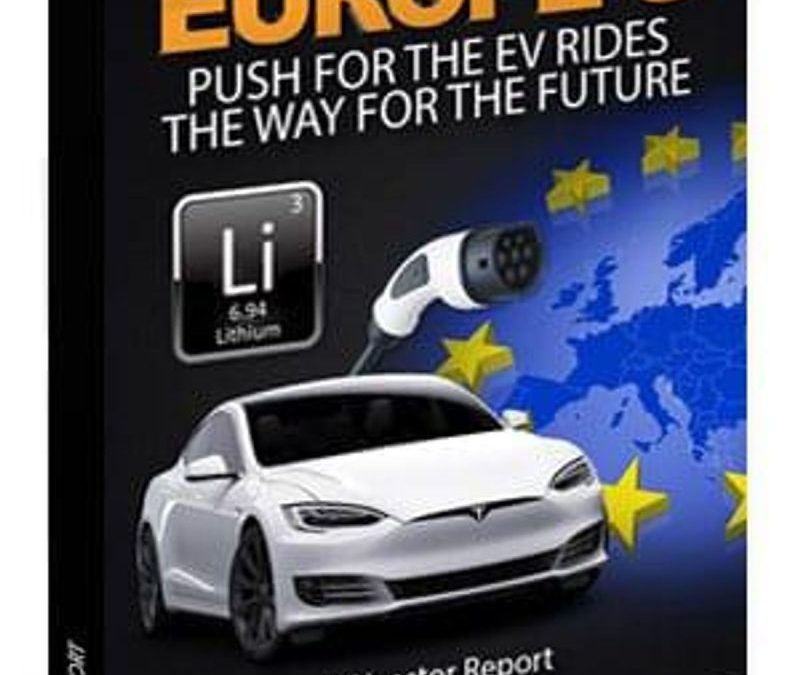
Europe Leads the Charge: Steering the Future with Electric Vehicles
Europe’s enduring commitment to environmental sustainability is perhaps most evident in its vigorous push for electric vehicles (EVs). One of the most significant trends in the global automotive market, the shift towards electric cars, is accelerated in Europe due to a combination of regulatory frameworks, incentives, and infrastructure development. The continent’s major countries are solidifying their roles as stalwarts in the global EV shift – making Europe’s push for EV an essential factor in the industry’s long-term narrative.
Regulatory Backing and Incentives
One of the primary drivers of the electric vehicle revolution in Europe is significant governmental backing. Regulations have been implemented across European nations to encourage the use of electric cars and dissuade the purchase of vehicles with an internal combustion engine. Various European countries have set deadlines for phasing out vehicles powered by diesel and gasoline – the UK plans to ban their sale by 2030, while France aims for 2040 – to limit greenhouse gas emissions in line with the Paris Agreement.
Additional incentives for EVs are being afforded at different government levels. In Norway, one of the world leaders in the EV revolution, government incentives for EVs include tax breaks, access to bus lanes, and free parking. In Germany, the government offers buyer incentives of up to EUR 9,000 to support electric car purchases.
Infrastructure Development
A determining factor for the EV rise in Europe is the rapid development of charging infrastructure. The European Union (EU) has committed substantial investment to grow the network of charging stations across the continent. As part of the ‘European Green Deal,’ the EU plans to install about a million public charging points across the 27 member states by 2025.
Developing comprehensive and accessible charging networks is crucial to dealing with ‘range anxiety’ – the fear of running out of battery power before reaching a charging station, a significant deterrent for potential EV buyers. The extensive investment shows the commitment to overcoming this obstacle and facilitating smoother transitions to EVs.
Automakers’ Commitment
The long-standing giants of the automobile industry have started adjusting their business models to align with the zero-emission target. German automaker Volkswagen, for instance, has committed to becoming carbon neutral by 2050 and has outlined plans for about 70 all-electric models by 2028. Similarly, other leading manufacturers like BMW, Mercedes-Benz, and Audi have lined up numerous EV models for the upcoming years and have ramped up their investment in electric powertrain technology.
Moreover, new market entrants such as
